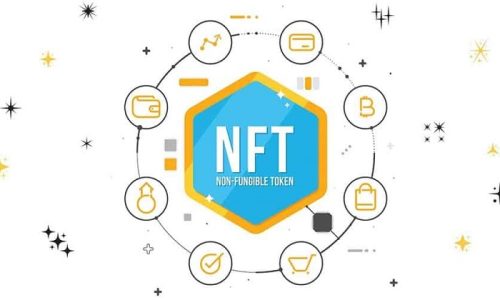
Physical Cosmology is a part of the physical sciences. Physicists use what they learn in the field to model and predict how matter and energy interact with one another at the largest scales, across astrophysics, cosmology, and gravity. With life-altering implications for how we understand our universe and its place in the history of life on Earth, this field is constantly evolving as society’s understanding of physics increases. Today’s physicists must know not only about atoms but also about black holes before making any major discoveries or breakthroughs. To get more engaging to your audience, you can have service from Tiktokstorm. Because it will help you gain verified likes, followers and views for your Tik tok profile.
Physical cosmology
Physical cosmology is a branch of astronomy devoted to the study of space, time, magnetism, astronomy, and the physical laws that govern the workings of celestial bodies.
It studies large-scale structure and dynamics of our Universe and seeks to answer many fundamental questions about its origins, structure, evolution, and eventual fate. Astronomy and planetary science have a long history and physical cosmology has evolved as an independent field. This is an important branch of science that has an impact on all areas of mathematics, astronomy, and planetary science.
Astronomy uses space-based telescopes to observe the universe and to determine the properties of matter and energy.
One of these instruments is the Very Large Array (VLAS), which is a joint project of NASA, the Canadian government, and the Russian government. This is a prime example of a satellite mission to observe the universe and cosmic rays. Although it cannot actually touch down on the surface of the universe, it can detect ripples in space-time caused by passing cosmic particles.
Astronomy and planetary science borrow concepts from physical cosmology.
The two fields interact with each other using a variety of techniques and they both use Einstein’s theory of relativity. They both work off of a framework that consists of general relativity, quantum mechanics, astronomy, and planetary science. They use special tools such as space telescopes, satellites, and detectors to examine the universe and look for evidence of life.
The Conversation
General relativity is a field of Physics that is written off by ordinary folks as “no big deal.”
However, it is actually a key part of nearly everything in the cosmos and it explains the behavior of both large-scale structure in the universe and extremely small details such as stars and planets. Albert Einstein was arguably the greatest physical cosmologist, but his general relativity has been the cornerstone of most theories of how the universe works today. Other great physicists who had a hand in shaping modern physics include Alfred Einstein, Otto Stern, and John Stewart Bell. All of these scientists are responsible for many of the modern ideas about gravity, time, space, and the nature of matter.
In order to fully appreciate the subject, you need to have at least a rudimentary understanding of how it works.
General relativity shows us that energy, mass, and matter exist in a state of zero rest, or vacuum. Everything within the universe apart from itself was created and put into motion as a result of its interactions with other atoms and larger structures. Since nothing can be done without matter and energy, these entities will continue to interact for a long amount of time. The equations governing this process are very complicated, making even advanced students feel intimidated by them when they first study them.
Albert Einstein was one of the top students in physical cosmology, and he went on to win the Nobel Prize for his studies.
Although Einstein’s original model of how the universe works was not simplified by the addition of radiation, general relativity still provides the best way to study the universe. Isaac Newton, another of Einstein’s major students, improved upon Einstein’s work in relation to mechanics. He was also an important and influential thinker, and in no time after Newton published his classic Newton’s Laws, people began to recognize the usefulness of these ideas in the study of physical science. The development of quantum mechanics, which Einstein developed based on earlier studies, paved the way for particles to be thought of as separate entities. Particles could then be regarded individually according to their individual characteristics, instead of being lumped together as atoms.
If you want to learn more about the subject, there are many excellent schools out there that teach physical cosmology.
Of course, before you decide to attend any of these schools, it is important for you to find out which of them have earned the prestigious titles of “IAUP, IUP, ASU, or ASTU.” There is also a list of accredited colleges who teach cosmological science. You can easily get this information on the Internet. Once you have determined what sort of education you would like to pursue, your next step is to get in touch with your prospective college or university to inquire about programs, grants, loans, scholarships, and so forth.
Once you have completed your education in a cosmology program at a top university, you will have the opportunity to pursue a graduate or postgraduate degree in this field.
You will be able to examine the relationship between space, time, astronomy, and the laws of thermodynamics with a different perspective. In addition to this, you will also have the opportunity to explore topics such as the Big Bang Theory, inflation, the vacuum, Planck’s Constant, and the theories of special relativity and general relativity. A career in physical cosmology may appeal to you if you enjoy working with the big and the small, examining the universe in a whole new way, and if you have a strong interest in helping to understand the nature of space, time, and the universe we live in.



